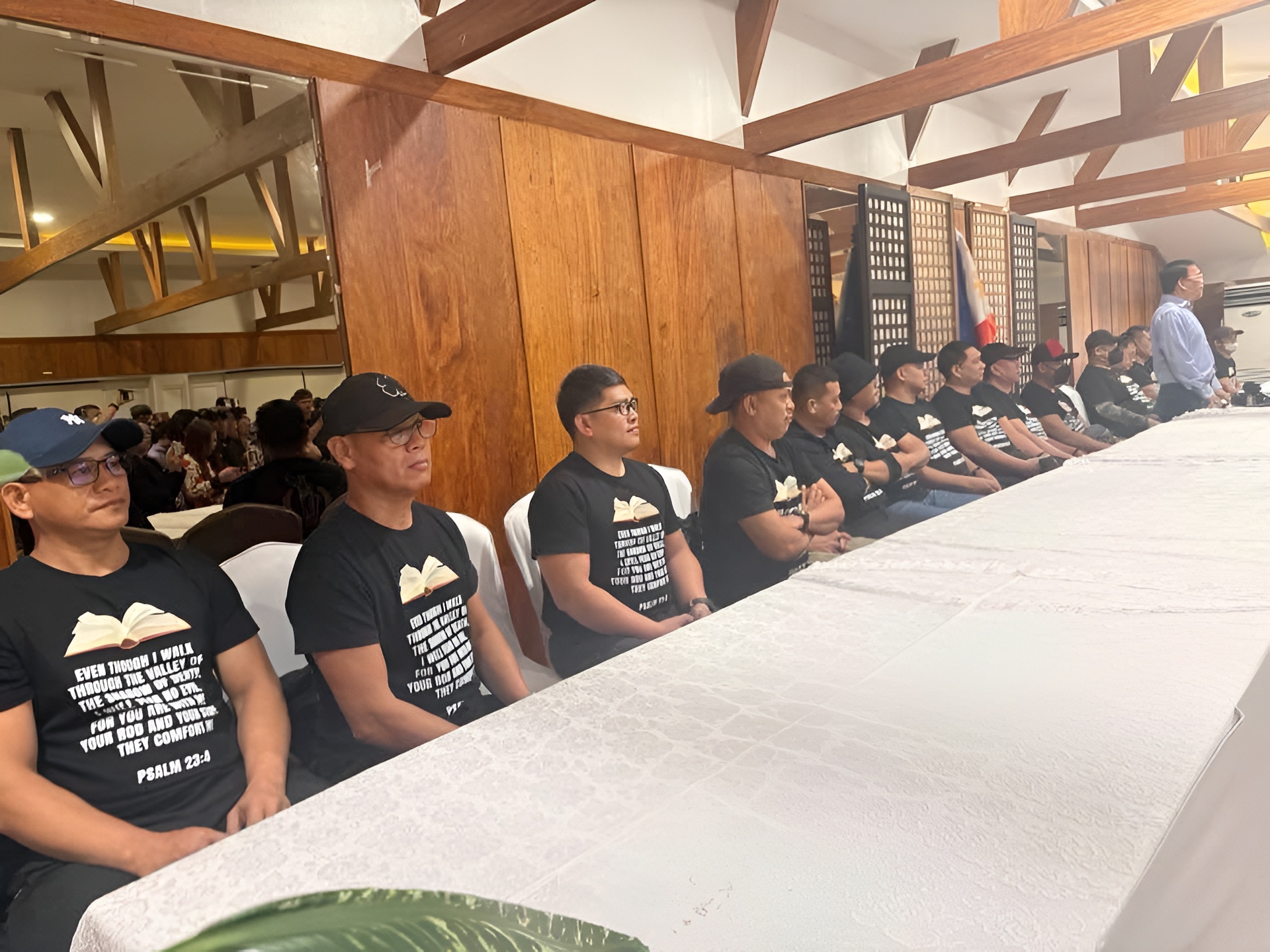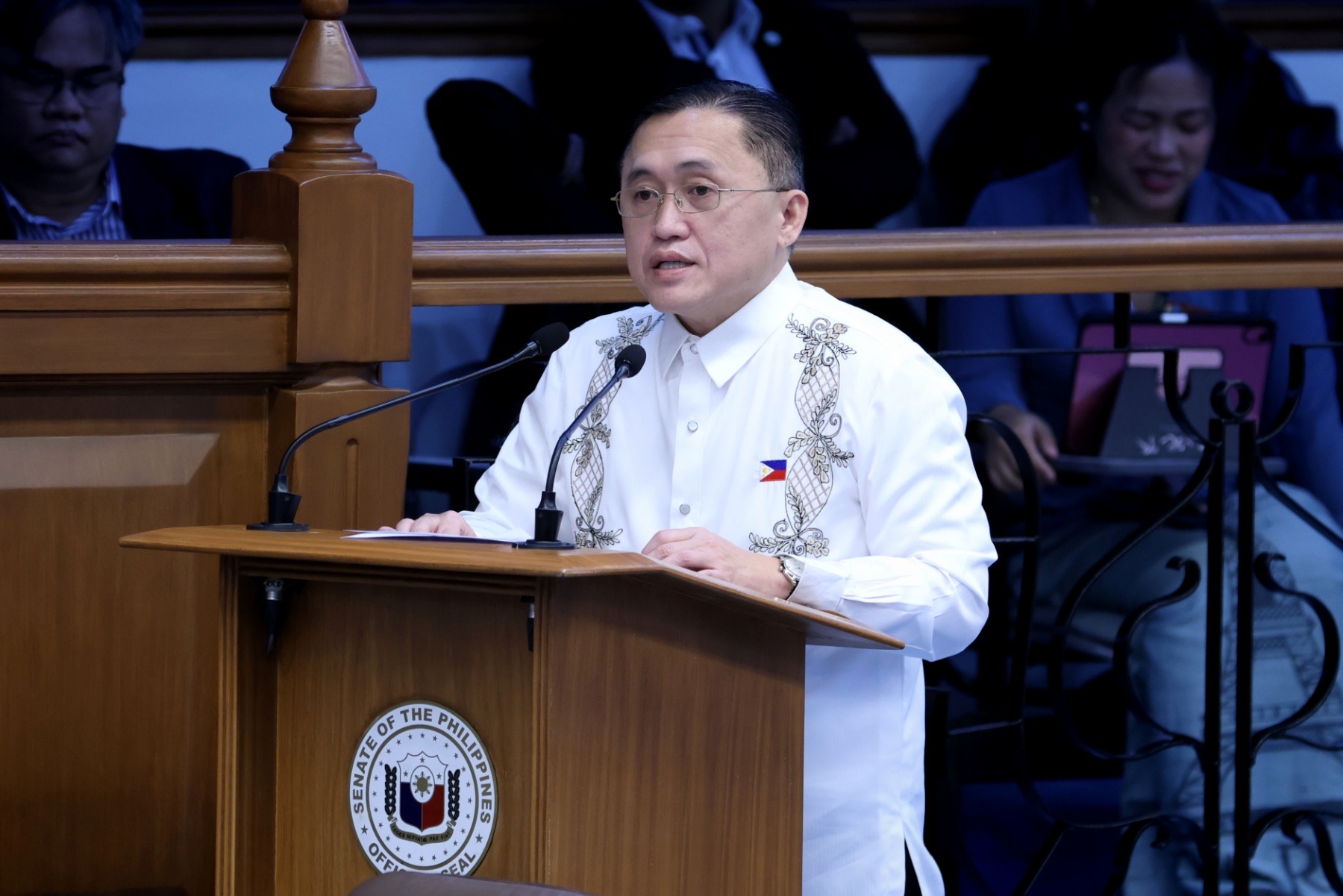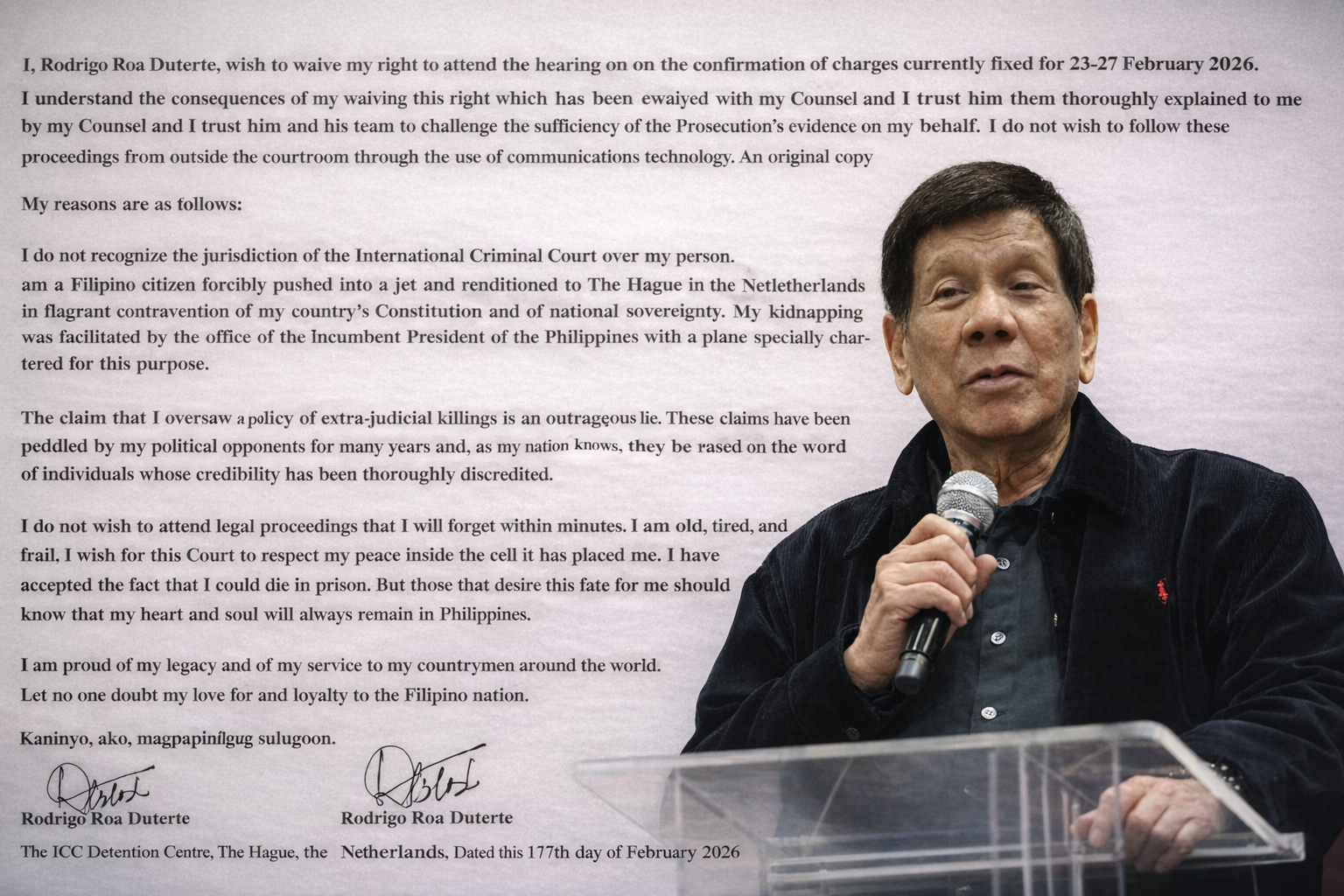So long as the government fails to provide the most basic social safety nets — universal healthcare, efficient disaster response, accessible justice, and equitable economic opportunities — corruption will remain the language of survival. The void left by a weak and unreliable state does not stay empty for long; it is quickly filled by patronage networks, by the powerful few who thrive on the desperation of the many.
This is the sad architecture of our society: people do not seek justice, they seek connections; they do not rely on systems, but on favors. When the state cannot be trusted to protect its citizens, loyalty shifts to political patrons who can offer temporary relief in exchange for permanent allegiance. This is not governance — this is feudalism dressed in modern day clothes.
Every time a mother lines up at a politician’s office for hospital assistance, every time a family waits for a “recommendation” to get justice, every time a young hopeful beg for employment endorsement, every time a disaster victim is told to be patient until the “right people” approve the aid — the nation sinks deeper into this informal economy of favors. It is a system that thrives on scarcity and fear, one that rewards loyalty over merit, silence over outrage.
Worse, this cycle feeds corruption like oxygen to fire. Politicians learn that compassion can be weaponized — that instead of building hospitals, they can just give cash aid with their name on it; instead of strengthening the justice system, they can act as “intermediaries” for those seeking help. This twisted brand of politics turns governance into a marketplace of influence, where loyalty is bought and conscience is sold.
And yet, we continue to applaud these gestures as kindness. We mistake crumbs for compassion, and convenience for leadership. But true governance is not about who can hand out the most help — it is about building a system where help is no longer needed because the state itself functions with fairness, competence, and integrity.
Until the government rises above the politics of patronage, the Philippines will remain trapped in this endless loop of dependency and decay. The people deserve more than a government that feeds them during crises; they deserve a nation that prevents those crises from happening in the first place.
Real governance is not found in the hand that gives, but in the hand that builds — a nation where dignity is not begged for, but guaranteed.





